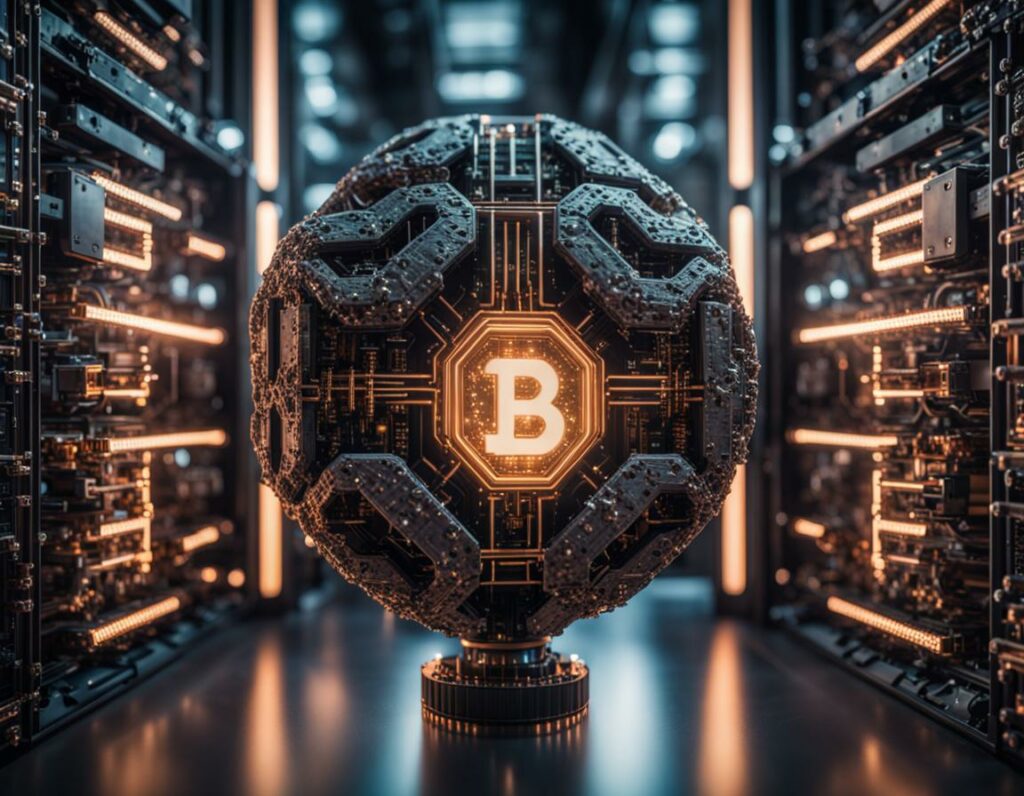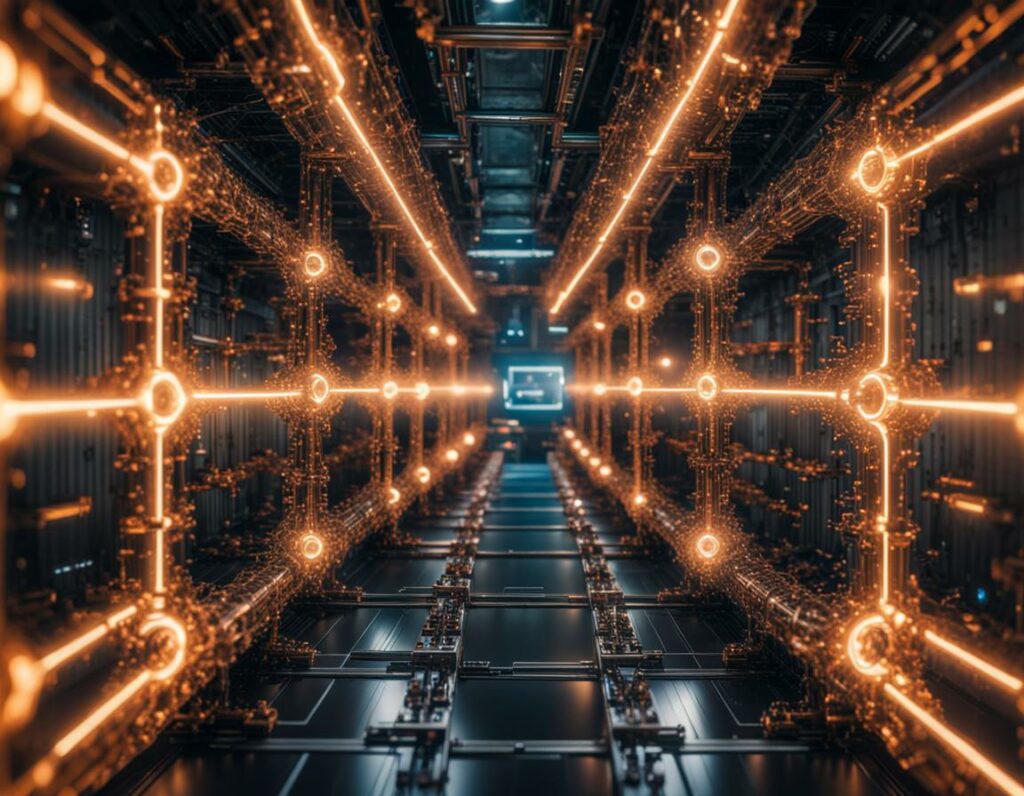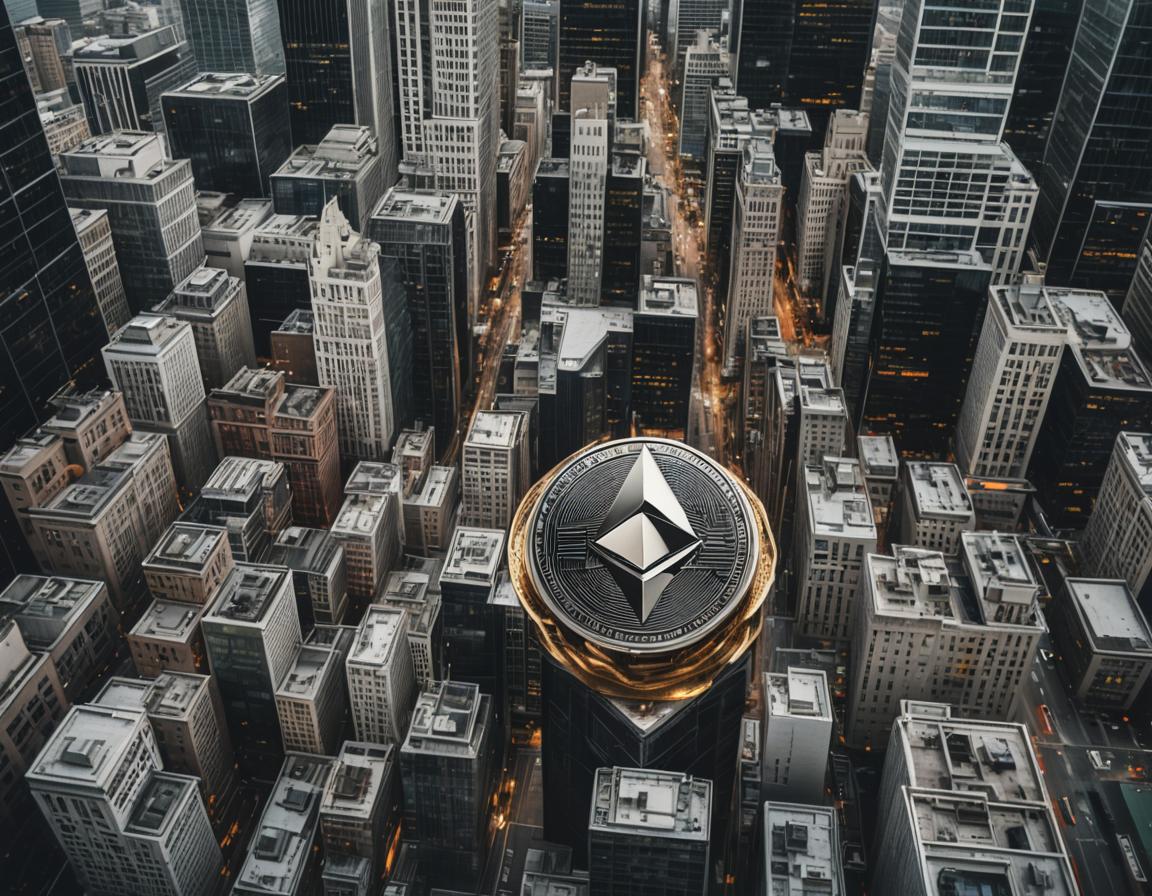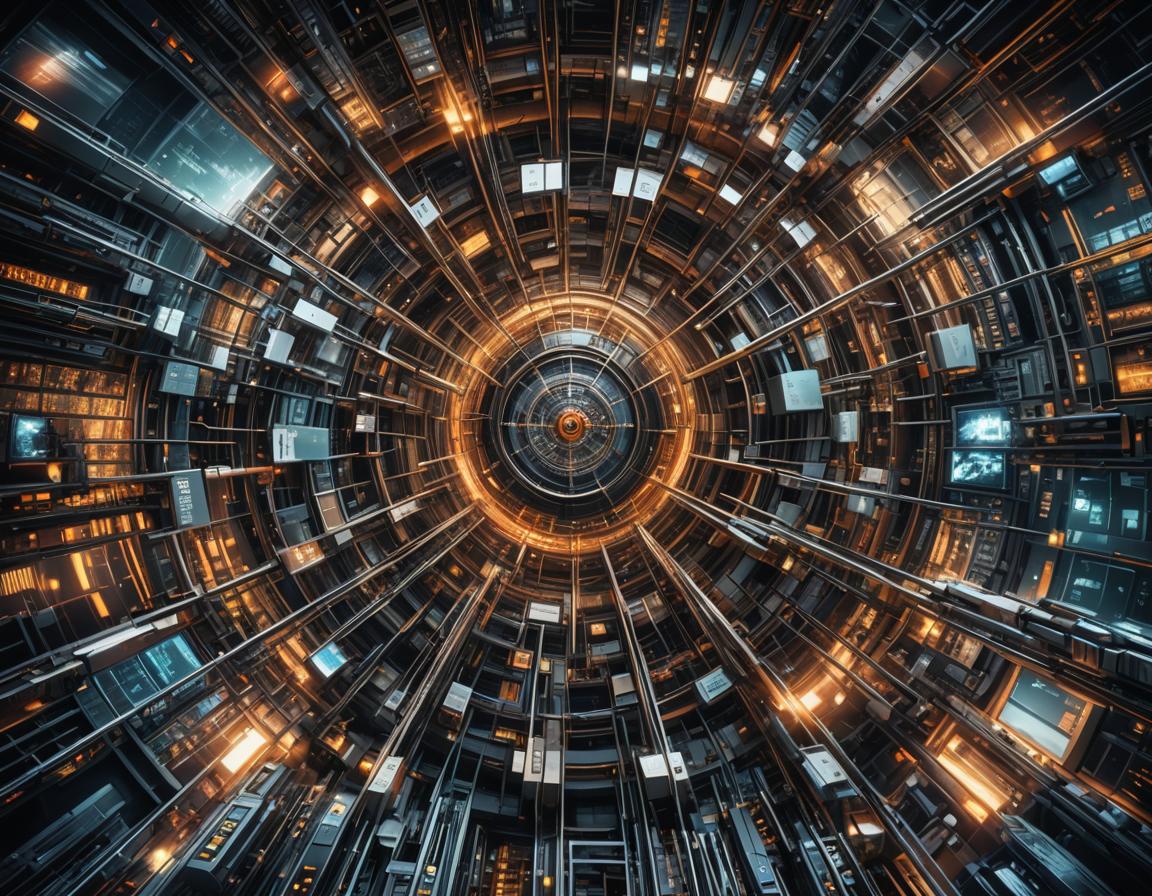
Blockchain technology and artificial intelligence (AI) are two of the most transformative technologies of our time. While they are often viewed as separate technologies, the reality is that they can work together to create even more powerful solutions. In this article, we will explore how AI can improve blockchain technology and the potential benefits of this collaboration.
What is Blockchain Technology?
Blockchain technology is a decentralized and distributed digital ledger that records transactions on multiple computers. It was originally created to support Bitcoin, but has then been adopted by many industries out of the cryptomarket for its ability to provide secure and transparent data management. Blockchain technology provides a tamper-proof way to store data, and it can be used for everything from financial transactions to supply chain management.
What is AI?
Artificial intelligence is the simulation of human intelligence in machines. AI algorithms can be trained to perform tasks that normally require human intelligence, such as image recognition, natural language processing, and decision-making, in an impressive faster way. AI is being applied to many industries, from healthcare to manufacturing, bringing improvements in efficiency and accuracy.
How Can AI Improve Blockchain Technology?
- Scalability
One of the most significant challenges facing blockchain technology is scalability. As more transactions are added to the blockchain, it becomes more difficult to process them quickly. AI can help to address this challenge by optimizing the validation and verification of transactions. AI algorithms can identify and prioritize the most critical transactions and optimize the processing of the blockchain to reduce the time required to process each transaction.
- Security
Another challenge facing blockchain technology is security. While blockchain technology is considered to be secure, it is still vulnerable to attacks. AI can help to improve the security of blockchain technology by analyzing blockchain transactions and identifying potential threats. AI algorithms can study the large amount of data store on blockchain in a very stort time.
- Data Analytics
Blockchain technology generates a massive amount of data. AI can help to analyze this data to identify patterns and trends that can be used to make better decisions. AI algorithms can analyze blockchain data to identify fraud, detct market trends, and even recommend investment strategies.
- Smart Contracts
Smart contracts are self-executing contracts that are built on the blockchain. They are used to automate complex transactions and eliminate the need for intermediaries. AI can improve smart contracts by analyzing the terms of the contract and identifying potential issues or discrepancies. AI algorithms can also be used to optimize the performance of smart contracts, making them even more efficient and secure.

Decentralized Autonomous Organizations (DAOs)
Decentralized Autonomous Organizations (DAOs) are organizations that are run by rules encoded as computer programs on the blockchain. They operate without the need for human intervention and are governed by a set of rules that are enforced by smart contracts. AI can improve DAOs by analyzing their performance and identifying potential issues. AI algorithms can also be used to optimize the decision-making process of DAOs, making them more efficient and effective.
Benefits of AI in Blockchain Technology
The benefits of AI in blockchain technology are significant. By improving the scalability, security, and efficiency of blockchain technology, AI can help to accelerate its adoption across various industries. It can also help to reduce costs, increase transparency, and improve security. Additionally, AI can help to create new business models that are built on blockchain technology, such as decentralized autonomous organizations (DAOs).
Challenges of AI in Blockchain Technology
While the benefits of AI in blockchain technology are significant, there are also challenges that need to be addressed. One of the biggest challenges is the lack of interoperability between different blockchain networks. AI algorithms need to be able to access data from different blockchain networks to provide meaningful insights. Another challenge is the lack of standardization in the blockchain industry. AI algorithms need to be able to work with different blockchain protocols and standards.
Conclusion
All in all, the collaboration between these two technologies could lead to new developments in terms of data quality and security benefits and to more and more widespread use in various sectors, as these benefits make them broadly applicable.
Join ThePlatform to have full access to all analysis and content: https://www.theplatform.finance/registration/
Disclaimer: https://www.theplatform.finance/website-disclaimer/



